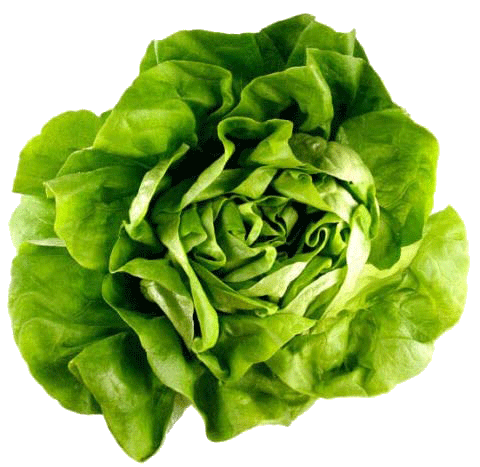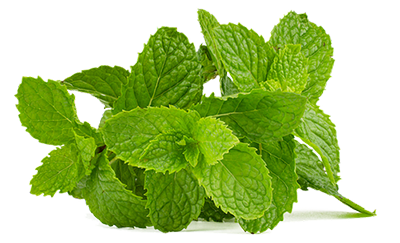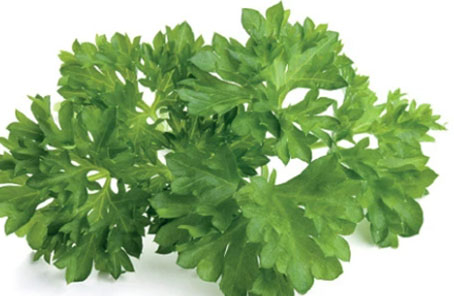Parsley Herb
(and several other varieties)





Health and Nutritional Benefits
- Although it is often used only as a garnish on many dishes, parsley provides a lot of vitamins, minerals, and nutrients that are beneficial for good health.
- In fact, it is often considered as one of the strongest disease-fighting plants because of the excellent nutritional value it provides, as well as the impressive health benefits it offers to the body.
- Parsley is rich in vitamins A, B, C, and K, along with minerals such as iron, potassium, and copper.
- It also contains a good amount of folate that is essential for producing red and white cells in the body.
- The herb contains essential oils that carry plant compounds such as apiol, eugenol, limonene and myristicin, which are the ones responsible for providing a unique aroma to the plant.
- It also has antioxidant, antifungal, antiseptic and anti-inflammatory properties. These properties help fight off harmful bacteria, boost the body’s immune system, and promote heart, liver, and kidney health among others.
- Finally, parsley contains flavonoids like luteolin and apigenin, boosting the antioxidant and anti-inflammatory capabilities of the plant. Because of this, parsley is a good medicinal herb for digestion and cleansing.